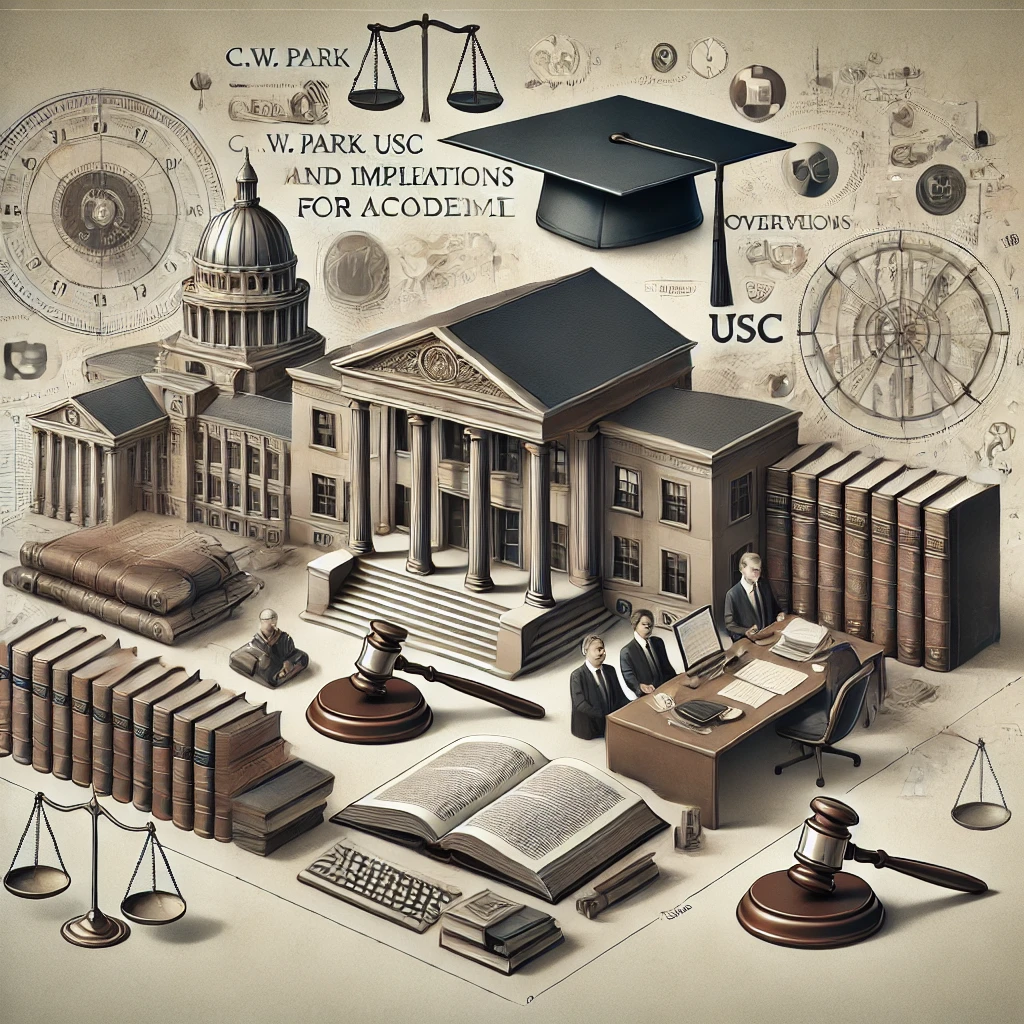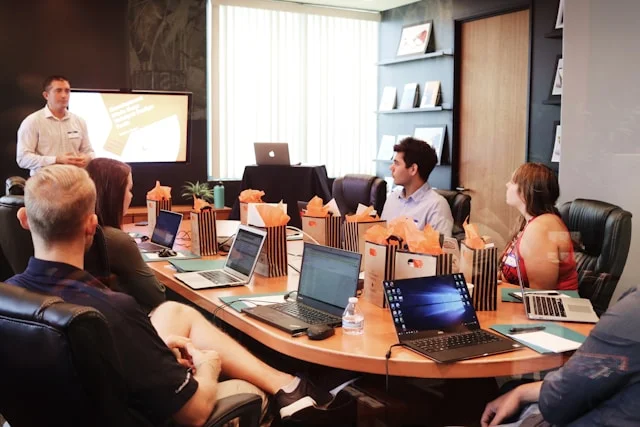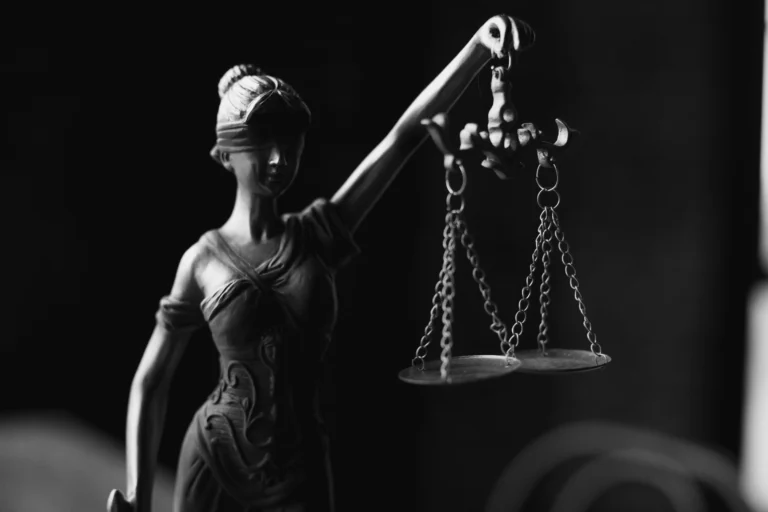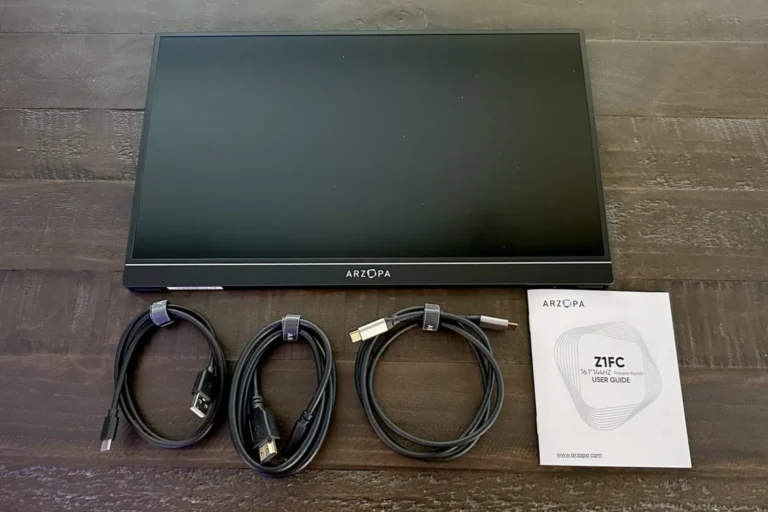
The legal battle involving the C.W. Park USC lawsuit has sparked significant interest and concern within the academic community and beyond. This case raises essential questions about academic integrity, institutional accountability, and the rights of faculty members. In this article, we will explore the details of the lawsuit, the background of C.W. Park, the allegations involved, and the broader implications for higher education.
Background of C.W. Park
C.W. Park is a respected academic known for his contributions to marketing and consumer behaviour. His research has earned him numerous accolades, establishing him as a prominent figure in academia. However, the recent C.W. Park USC lawsuit has overshadowed his career, casting a cloud over his reputation.
Park’s tenure at the University of Southern California (USC) has been marked by groundbreaking research and innovative teaching methods. His work has significantly impacted his field, making the allegations against him even more shocking to colleagues and students alike.
Overview of USC
The University of Southern California (USC) is one of the leading private research universities in the United States. Founded in 1880, USC has built a reputation for academic excellence and innovation. The university is home to a diverse student body and a vast alumni network that has influenced various sectors, from entertainment to business.
Despite its prestigious standing, USC has faced its share of legal challenges over the years. The C.W. Park USC lawsuit adds to this complex narrative, raising concerns about the university’s internal governance and accountability.
Detailed Allegations
The lawsuit originated from allegations of misconduct against C.W. Park, with claims that he misused research funds intended for academic projects. These allegations were reportedly brought forward by various parties within the university, including students and faculty members. The specifics of the allegations have not been fully disclosed, creating an air of mystery surrounding the case.
One of the central points of contention is the alleged misappropriation of funds. It is claimed that Park diverted money meant for academic research for personal use. This accusation questions not only Park’s integrity but also the oversight mechanisms at USC. If proven true, these allegations could have severe implications for Park’s career and the university’s reputation.
Legal Arguments
At the heart of the C.W. Park USC lawsuit are the legal arguments presented by both sides. Park’s legal team contends that the allegations are unfounded and stem from personal vendettas within the university. They argue that all funds were used appropriately and that any discrepancies arose from administrative errors rather than intentional wrongdoing.
In contrast, USC’s legal representatives maintain that substantial evidence supports the claims against Park. They cite internal audits and testimonies from witnesses as crucial pieces of evidence. The university is seeking restitution for the allegedly misused funds and damages for the reputational harm caused by the scandal.
The Role of Expert Opinions
To better understand the implications of the C.W. Park USC lawsuit, it’s essential to consider insights from legal experts and academics. Many experts believe that this case could set a precedent for how similar disputes are handled in the future. If the court finds against Park, it may lead to stricter oversight and accountability measures for faculty members in academia.
Experts also highlight the importance of transparency in these cases. The fallout from the lawsuit may prompt universities to re-evaluate their policies regarding financial oversight and ethical conduct in research. Such changes could benefit the academic community by fostering a culture of integrity and accountability.
Public Reaction
The C.W. Park USC lawsuit has garnered significant public attention. Reactions have varied widely, with many expressing outrage over the allegations and concern for Park’s reputation. Faculty members, students, and alumni have voiced their opinions, some supporting Park while others call for transparency and accountability from the university.
The public discourse surrounding the lawsuit reflects broader societal concerns about ethics in academia. Many people believe that allegations of misconduct should be taken seriously, but they also emphasise the need for due process. The balance between protecting academic freedom and ensuring accountability is delicate and must be navigated carefully.
Implications for Higher Education
The outcome of the C.W. Park USC lawsuit could have far-reaching implications for higher education nationwide. If the court rules against Park, it may lead to changes in how universities handle similar conflicts. Policies regarding faculty tenure, intellectual property rights, and institutional governance may need to be revised to align with evolving legal standards.
Furthermore, this case highlights the challenges academic institutions face in maintaining ethical standards. As the scrutiny on faculty behaviour increases, universities must establish robust oversight mechanisms to prevent ethical breaches. This lawsuit serves as a reminder of the potential consequences of failing to uphold these standards.
Historical Context
To appreciate the significance of the C.W. Park USC lawsuit, it’s helpful to examine similar cases in academia. Historical precedents have shaped current policies and practices, often leading to significant changes in how universities operate. Cases involving faculty misconduct or financial impropriety have prompted institutions to adopt stricter guidelines and oversight measures.
For example, high-profile lawsuits in the past have led to increased transparency in research funding and heightened accountability for faculty members. The outcome of the C.W. Park case could similarly influence how universities address ethical issues in the future.
The Road Ahead
As the C.W. Park USC lawsuit progresses, the future remains uncertain. The legal proceedings may lead to a settlement or a court ruling, but the implications will likely resonate long after the case concludes. Both C.W. Park and USC are navigating a challenging legal landscape, with their reputations and futures at stake.
Regardless of the outcome, this case serves as a cautionary tale for the academic world. It underscores the importance of maintaining ethical standards and the potential consequences of failing to do so. As the academic community watches closely, the lessons learned from this high-profile case will shape future interactions between faculty and institutions.
Conclusion
In summary, the C.W. Park USC lawsuit is a complex and significant case with broad implications for the academic community. It raises essential questions about academic integrity, institutional accountability, and the rights of faculty members. As the legal proceedings continue, the outcome will undoubtedly provoke thought and discussion among scholars, educators, and policymakers alike.
FAQs
What are the main allegations against C.W. Park?
The primary allegations against C.W. Park involve the misuse of research funds and breaches of ethical standards.
How has USC responded to the lawsuit?
USC has responded by asserting that there is substantial evidence to support the allegations, citing internal audits and witness testimonies.
What is the potential impact of the lawsuit on USC’s reputation?
The lawsuit poses a significant reputational risk for USC, and the university’s handling of the case will be closely scrutinised.
How does this lawsuit affect the academic community?
The lawsuit highlights the importance of transparency and ethical conduct in academic research, emphasising the need for robust oversight mechanisms.
What are the possible outcomes of the lawsuit?
The possible outcomes include a settlement between the parties or a court ruling, both of which could have lasting effects on C.W. Park and USC.
This comprehensive analysis not only informs readers about the ongoing legal battle but also addresses the broader implications for higher education and academic integrity.






